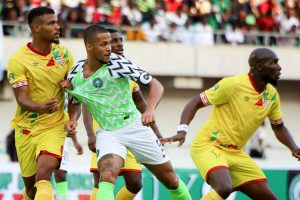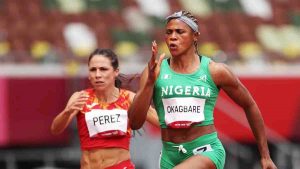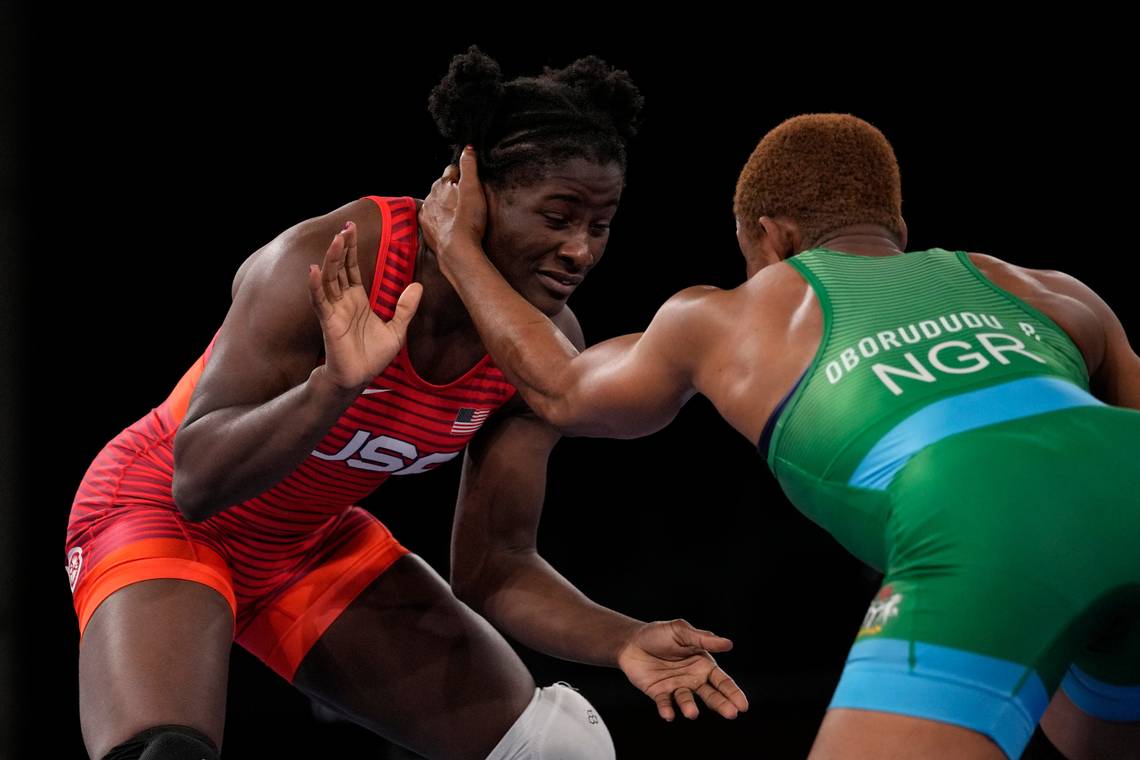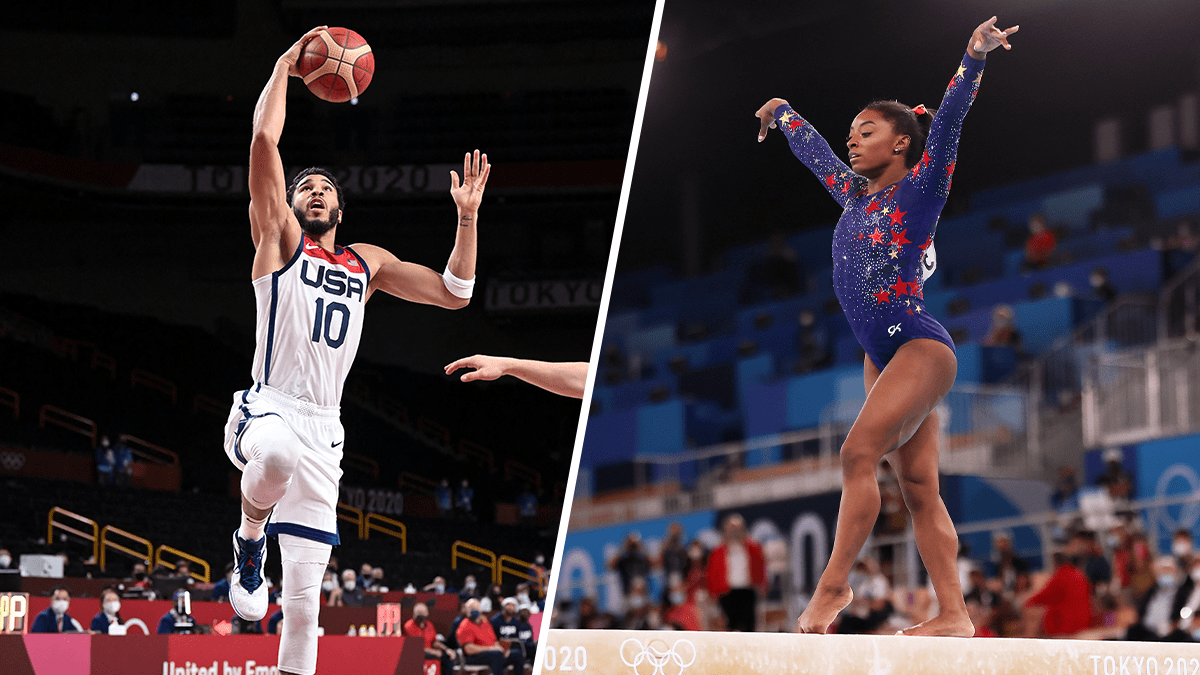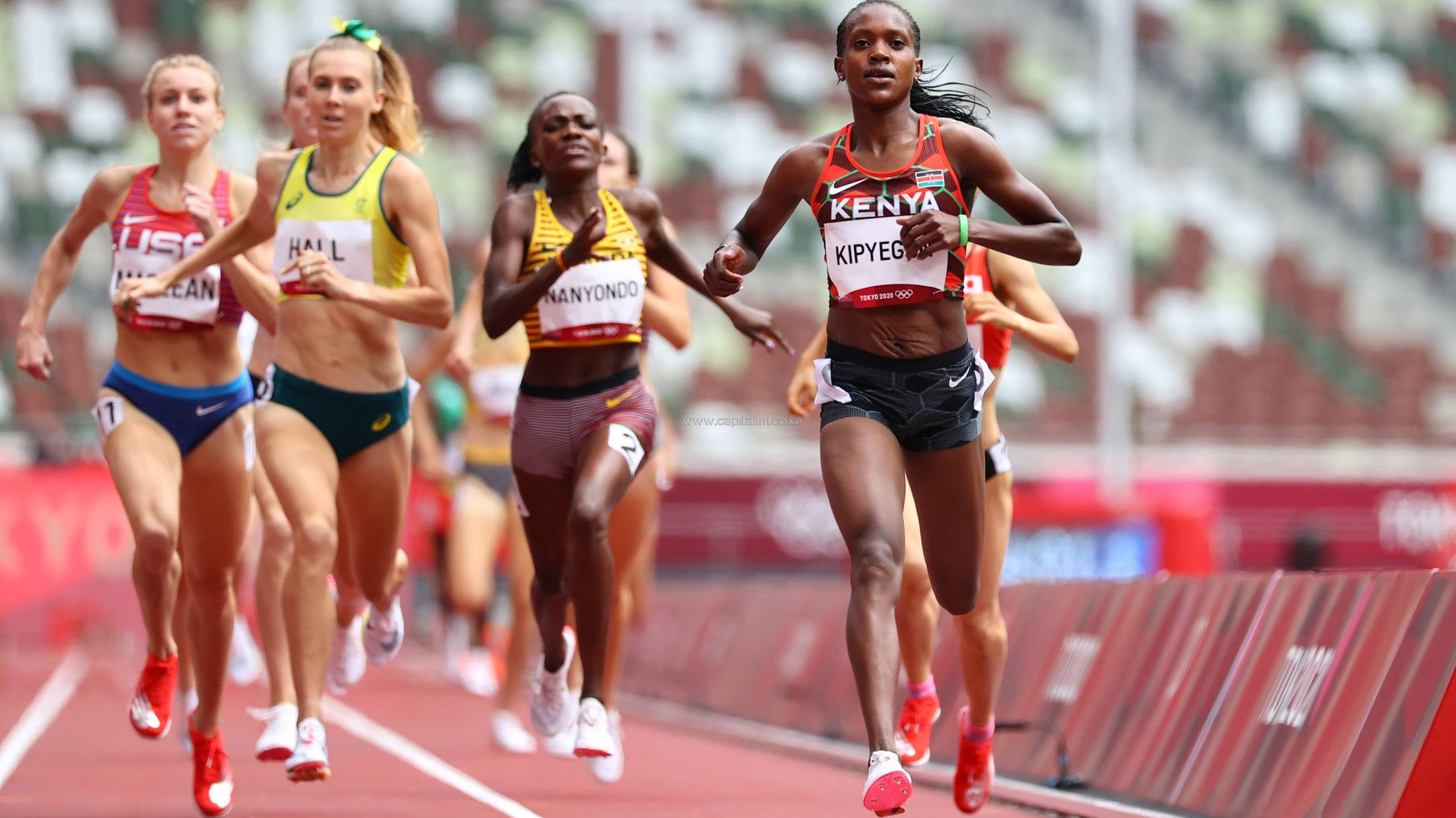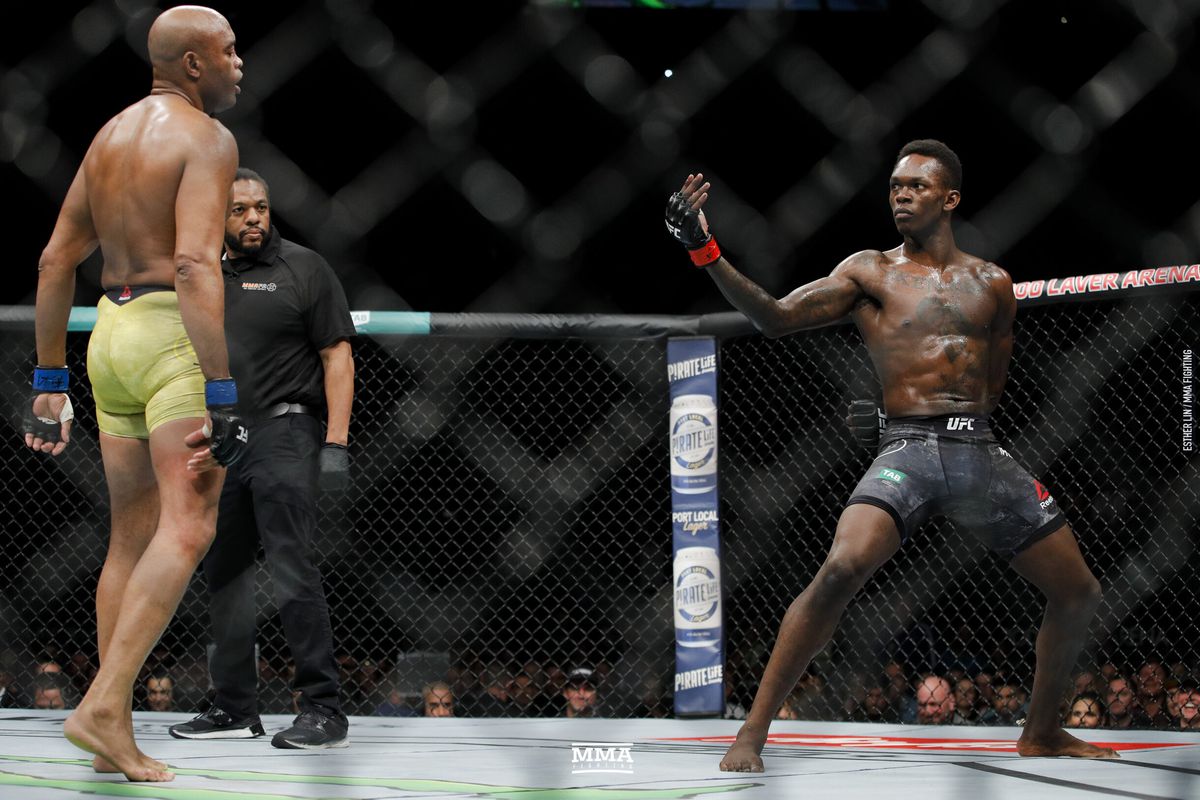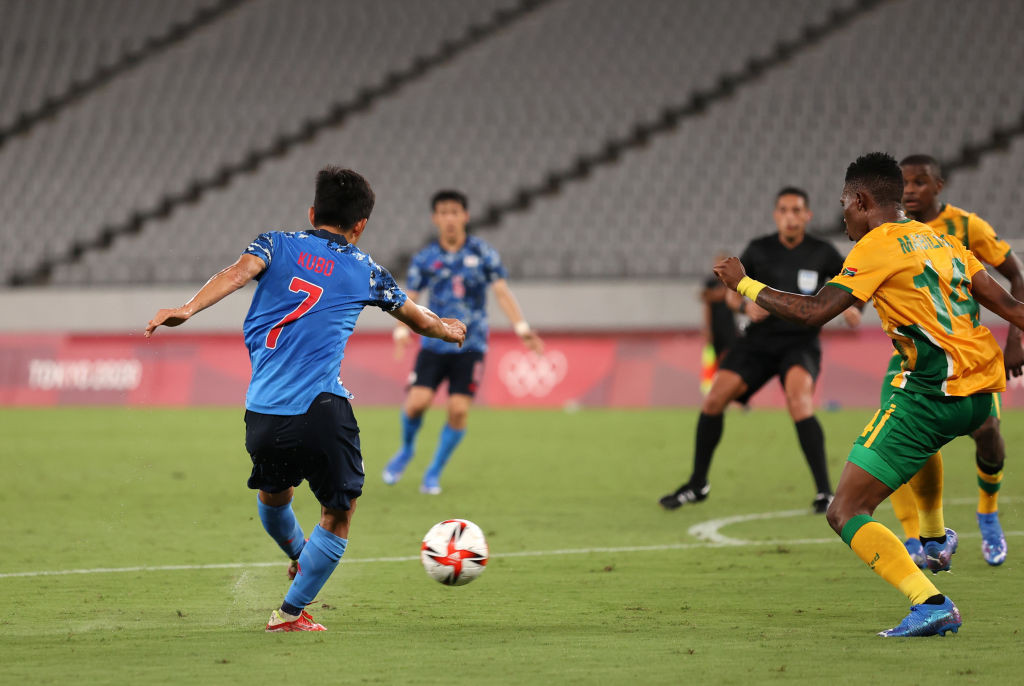There are people from South Sudan who live in Kenya who run the long distance and they will be able to go to school in Canada.
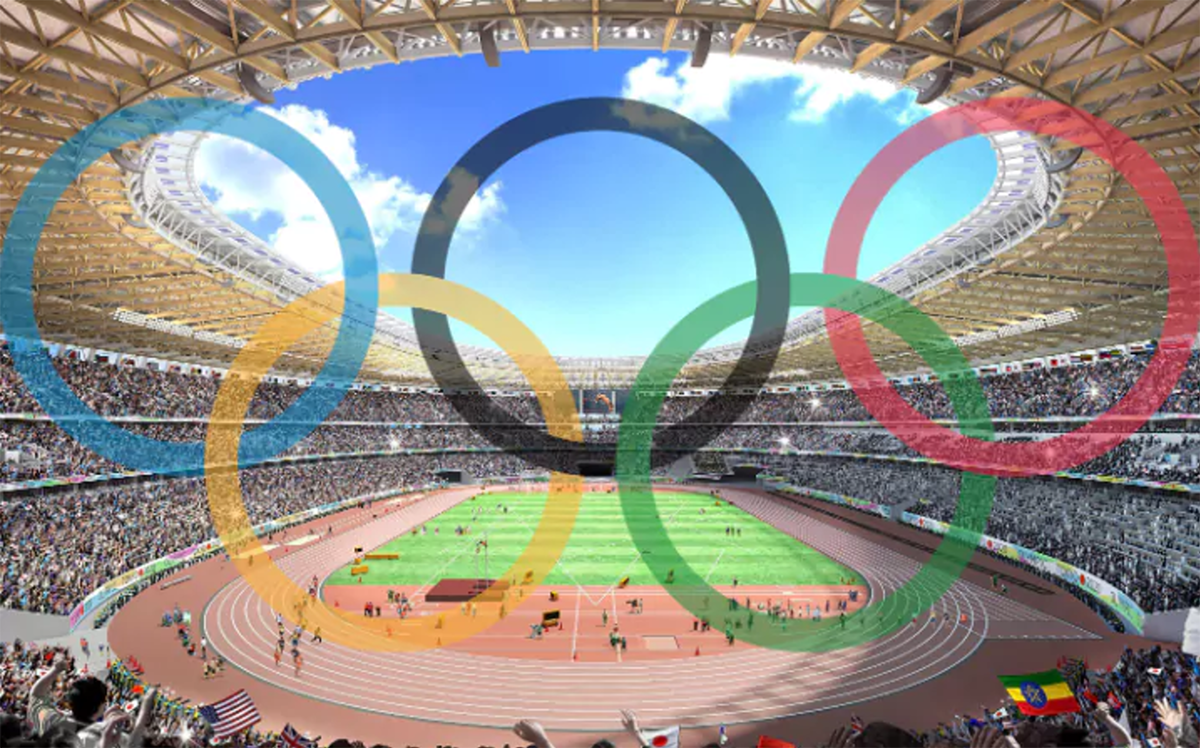 A new life in Canada
A new life in Canada
Three people from South Sudan who are refugees will soon live in Canada. A scholarship will give them the opportunity to train as well as study in the country because of their sports talents.
Three refugees from South Sudan will be running in the Olympic games for 2016. They were selected because they are very good at running a long distance. When they were children, they used to live in Kakuma refugee camp and that’s where they first discovered how good they are at long-distance running. But when these three people got older, their parents sent them to Kakuma and Ngonga so that they could train with other people who are also good at runners.
After the Olympics, some athletes will move to Canada. They will live and study at Sheridan College in Oakville, Ontario. This is the first time that refugees have moved to Canada under a new program where UNHCR, Sheridan College and World University Service Canada work together. The athletes will also receive an International Olympic Committee scholarship so they can stay in school for free.
James Nyang Chiengjack
In the 800-metre race at the Olympics in Tokyo, James Nyang Chiengjack finished eighth. He said he was happy to have a chance to run and that it helped him show other refugees they can do something great. “When you do something, you need to do it wholeheartedly,” he said.
As a boy, Chiengjack was forced to flee his home in Bentiu, South Sudan, to avoid abduction and forced recruitment as a child soldier. Arriving in neighbouring Kenya in 2002, he settled in Kakuma and attended a school known for its long-distance runners, whom he soon joined.
Chiengjack had some athletic talent. He was spotted by scouts in the camp. After a few years of training, he took part in the 2016 Rio Olympics as part of the first refugee Olympic team.
We hope that many other refugees will get a chance to come in the future, too.
 Athlete Paulo Amotun Locoro
Athlete Paulo Amotun Locoro
Paulo Amotun Lokoro is from South Sudan. He lived there and tended his family’s cows for 14 years. But in 2006, he had to leave because of a long war that lasted most of his life.
Before Lokoro picked 1500m running, he was good at other sports. He competed for a refugee team in this category at the Rio Olympics. And he did it again this year in Tokyo. He said that this might encourage others to make the most of their talents too: “We hope to train and motivate young talented people who are still in refugee camps, support them and boost their morale and nurture their talent.”
Refugees have been forced to leave their home and face new challenges in a new country, like education and finding jobs. But for most refugees, they are never able to be resettled to a third country because there are not enough resources available.
Alternative resettlement pathways can help refugees find a way to live. New solutions to help refugees are being created right now, such as local support, family reunification, scholarships for education or work opportunities. It is hoped that new solutions in the future will be applied to sports and the arts too.
“This is an important moment,” said UN High Commissioner for Refugees Filippo Grandi. “For the first time, refugees have been granted access to higher education because of their ability in sports. This is great news for three Olympic refugee athletes, and we hope that this pilot project from Canada will become an example in creating new opportunities for refugees.”
